Sharks Aren’t The Villains You’ve Been Told They Are
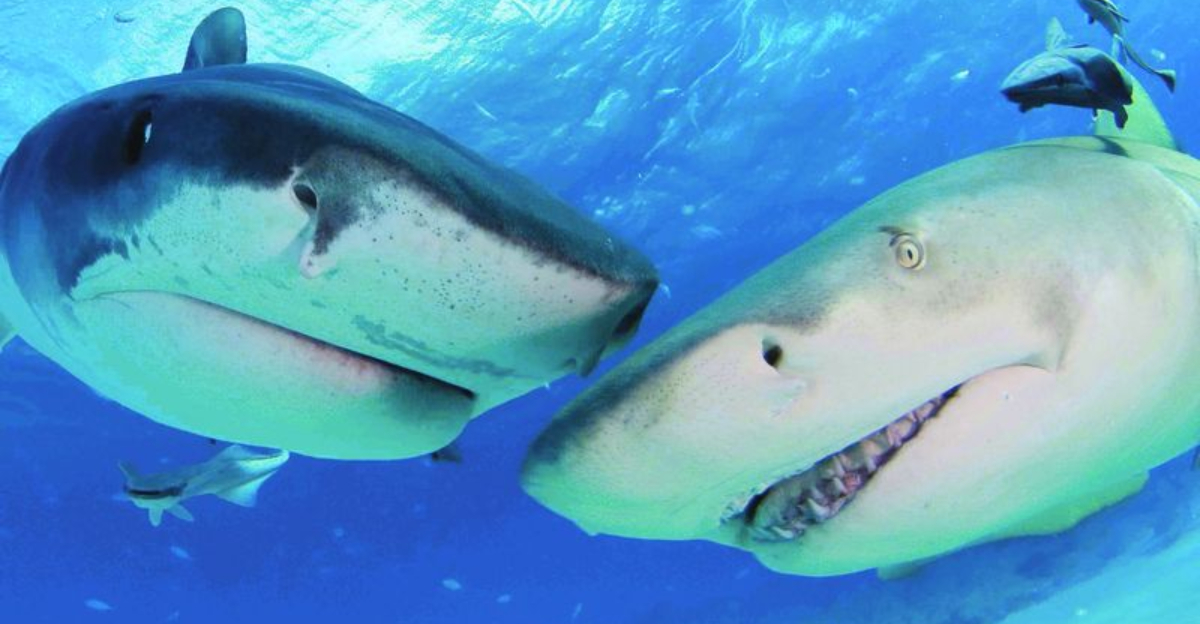
Most of us grew up fearing sharks, thanks to movies and sensational news stories that portray them as mindless killers.
This fear has led to widespread misunderstanding about these amazing ocean creatures. The truth is far different from the scary image we’ve been sold, and learning the facts about sharks might just change how you feel about these misunderstood predators.
1. The “Jaws” Effect Still Lingers

One movie changed everything. When “Jaws” hit theaters in 1975, it transformed sharks from little-known ocean dwellers into monsters in our collective imagination.
Almost fifty years later, that fictional story still shapes how people view sharks. Many beachgoers experience unnecessary anxiety about shark encounters that are statistically rarer than lightning strikes.
2. Most Sharks Aren’t Dangerous To Humans

Surprise! Of the 500+ shark species swimming in our oceans, only about a dozen have ever been involved in unprovoked attacks on humans. The vast majority are completely harmless to people.
Nurse sharks, whale sharks, and basking sharks are gentle giants that feed on tiny organisms. They’re about as threatening to swimmers as goldfish in a pond.
3. Sharks Are Crucial To Ocean Health
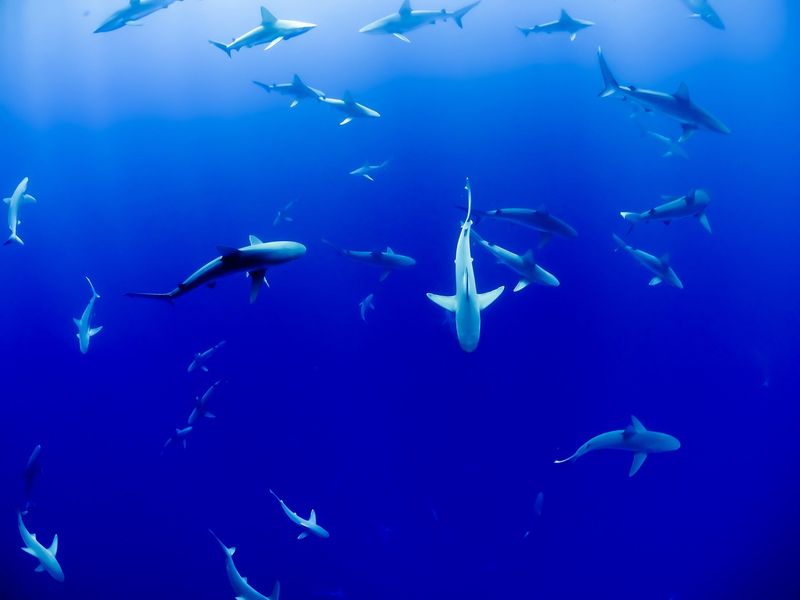
Imagine removing the top player from a sports team. Without sharks, marine ecosystems fall apart. As apex predators, they keep fish populations balanced by removing sick and weak animals.
When shark numbers drop, mid-level predators explode in population, decimating smaller fish species. The ripple effects reach all the way to coral reefs and seagrass beds, which can collapse without the balance sharks provide.
4. Misunderstanding Fuels Needless Fear
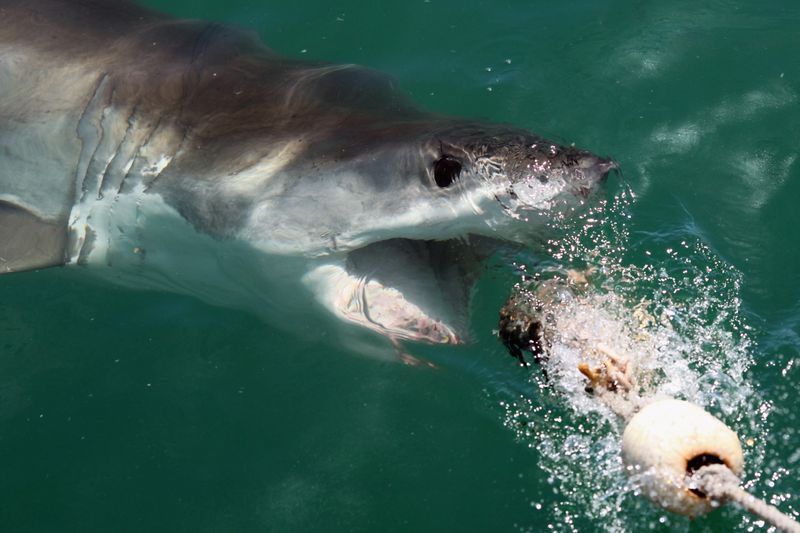
Sharks don’t hunt humans for food. Period. When attacks occur, it’s typically a case of mistaken identity in murky water. From below, a swimmer or surfer can resemble a seal—a natural prey item.
Most sharks actually take an “investigative bite” and then leave when they realize you’re not their usual meal. Unfortunately, even a curious nip from those powerful jaws can cause serious injury.
5. Overfishing Is A Bigger Threat Than Sharks
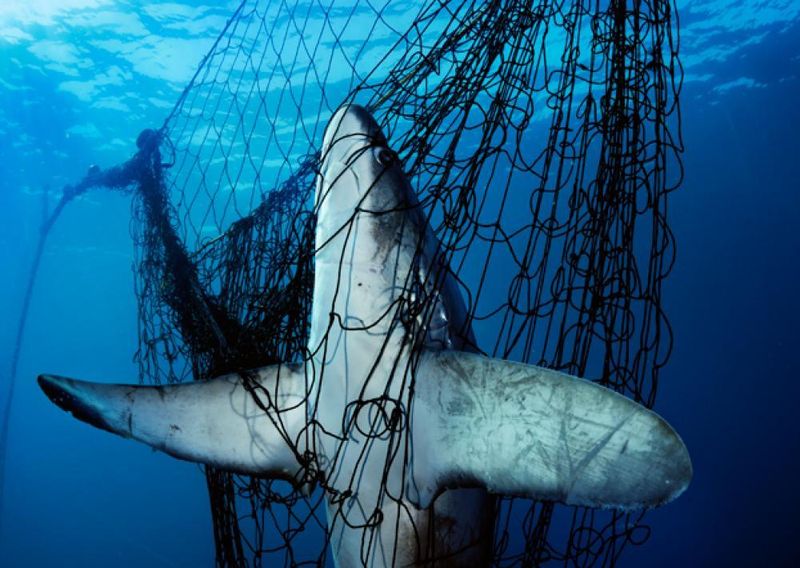
The numbers are shocking. Humans kill approximately 100 million sharks annually, primarily for their fins used in shark fin soup. That’s over 11,000 sharks every hour.
Commercial fishing operations catch sharks as bycatch or target them directly. Many fishing vessels practice “finning”—cutting off valuable fins and tossing the still-living shark back to die slowly. This cruel practice threatens entire species with extinction.
6. Some Shark Species Are Now Critically Endangered
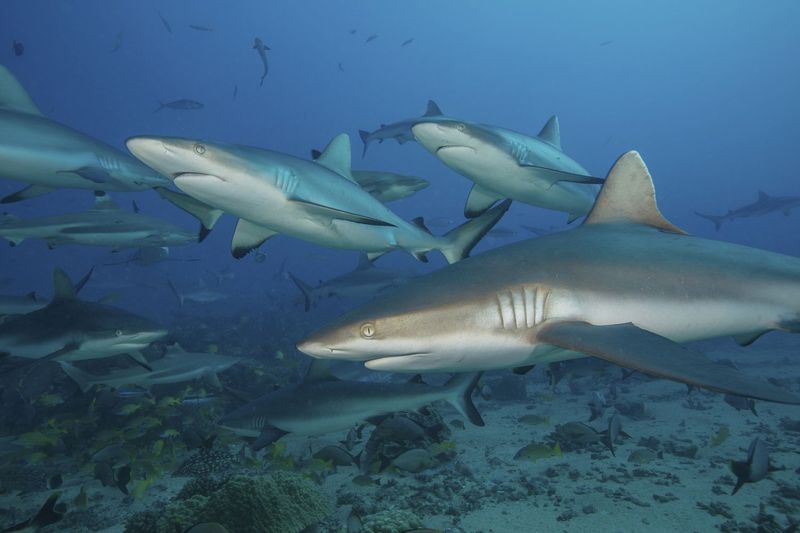
The oceanic whitetip once ruled tropical seas as one of the most abundant large animals on Earth. Today, its population has crashed by 98% in some regions.
Great whites, hammerheads, and thresher sharks face similar threats. Without urgent protection, we might lose these magnificent creatures that have survived on Earth for over 400 million years—outlasting the dinosaurs by hundreds of millions of years.
7. Scientists Are Using Media To Shift Perception

Marine biologists have become shark PR agents. Through captivating documentaries like Shark Week specials and social media campaigns, scientists showcase the true nature of these misunderstood creatures.
Tracking projects let the public follow individual sharks online, creating personal connections with animals like “Mary Lee,” a famous tagged great white. When people learn about shark migration patterns and behaviors, fear often transforms into fascination.
8. Shark Ecotourism Is Growing Worldwide
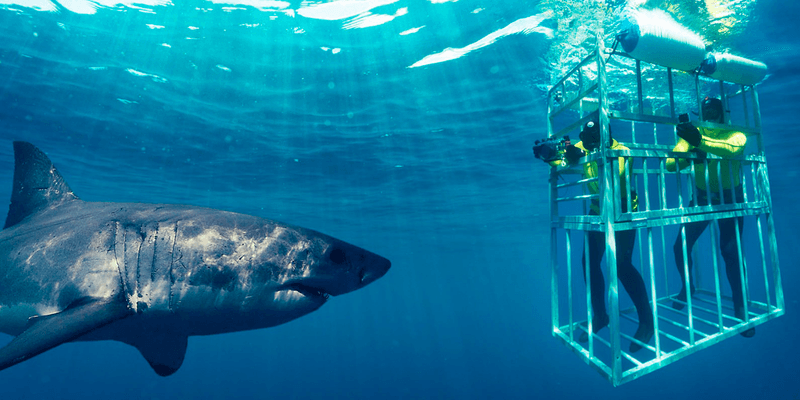
Swimming with sharks has become big business. Locations like Guadalupe Island, the Bahamas, and South Africa attract thousands of visitors annually who pay good money to see sharks up close.
This tourism boom creates powerful economic incentives for protection. A living shark generates far more revenue over its lifetime than a dead one. Local fishing communities increasingly view sharks as valuable tourism assets rather than one-time catches.
9. New Research Shows Complex Shark Behavior

Forget the “mindless killer” stereotype. Recent studies reveal sharks possess remarkable intelligence and social complexity. Some species form friendships, remember specific humans, and even play with objects out of curiosity.
Great whites coordinate hunting tactics with surprising sophistication. Lemon sharks recognize and prefer spending time with familiar individuals—essentially, they have shark friends! These discoveries challenge our perception of sharks as simple, instinct-driven machines.
10. Shark Attacks Are Rare And Often Nonfatal

Lightning strikes kill more people annually than sharks do. Worldwide, sharks typically cause about 10 human fatalities per year, while vending machines cause approximately 13 deaths annually in the US alone.
Most shark encounters don’t result in serious injury. A bump or minor bite often occurs before the shark swims away, realizing the human isn’t suitable prey. Your beach vacation worry should be sunburn, not sharks.
11. Teaching Kids The Truth About Sharks
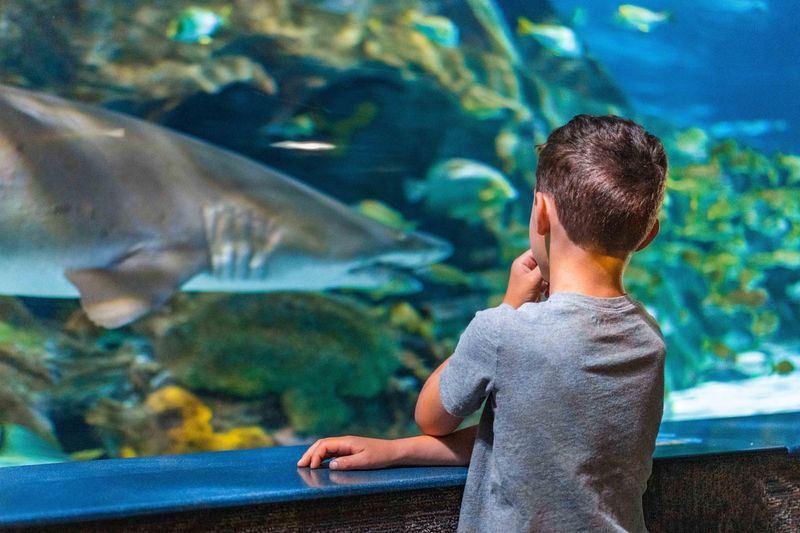
Children’s natural curiosity makes them perfect audiences for shark education. Aquariums worldwide now offer interactive programs where kids can touch harmless species like bamboo sharks while learning about conservation.
School curriculums increasingly include marine biology units featuring sharks as fascinating rather than frightening. Books like “Shark Lady” tell the story of pioneering female shark scientist Eugenie Clark, inspiring a new generation of ocean advocates who see sharks as worth protecting.
12. A Global Movement To Protect Sharks Is Underway

Hope swims on the horizon. More than 40 countries have banned shark finning in their waters, with international treaties providing additional safeguards for endangered species.
Conservation groups have successfully lobbied for shark sanctuaries covering millions of square miles of ocean. Celebrity advocates like Leonardo DiCaprio and professional surfers bring mainstream attention to shark protection. This growing movement may be turning the tide for these ancient ocean guardians.






